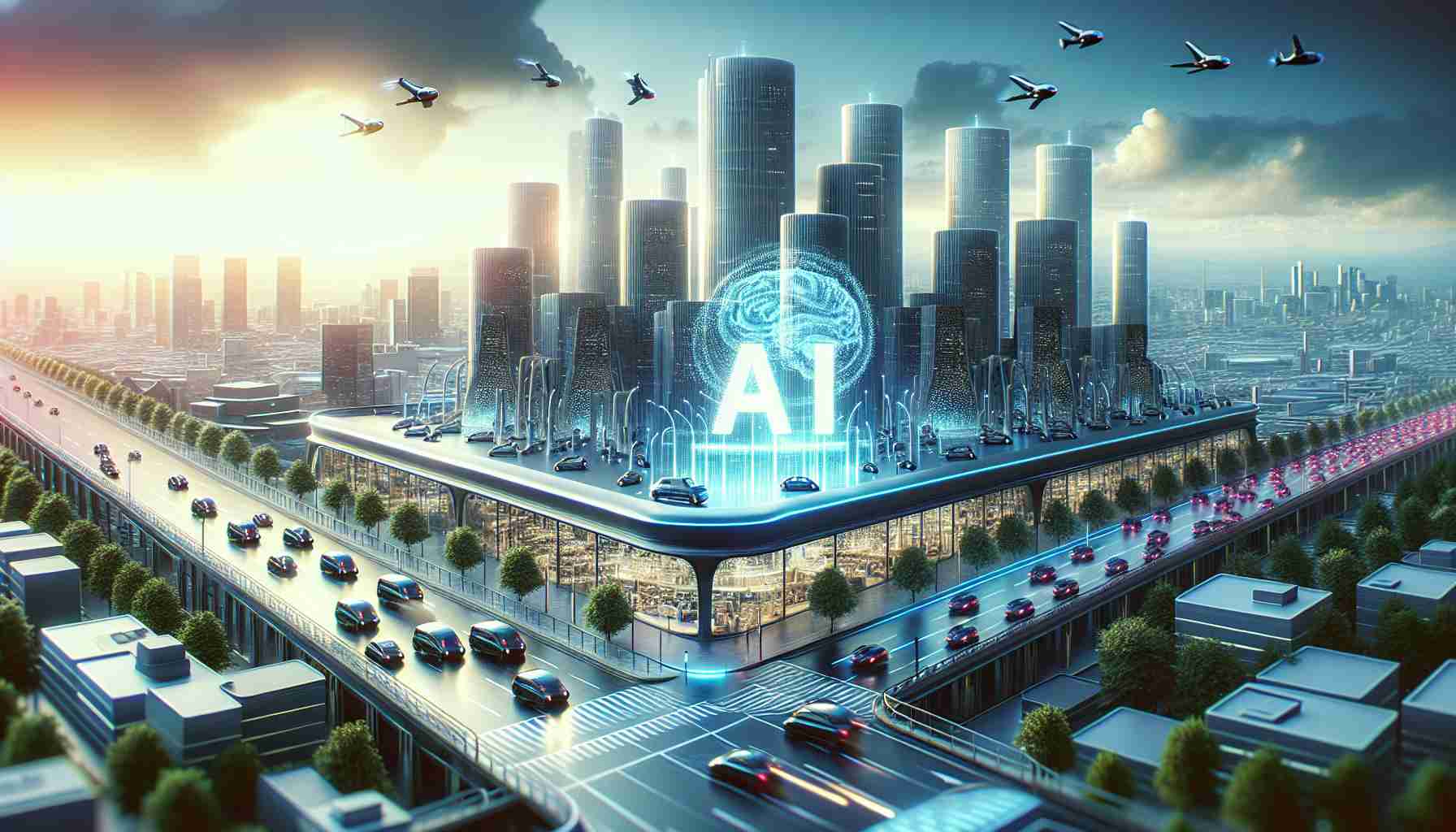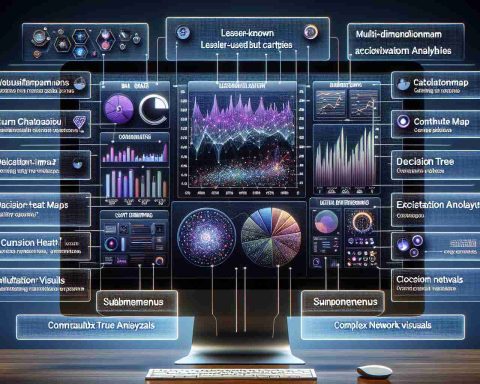The prominence of artificial intelligence is reshaping industries worldwide, and a novel shift is emerging from an unexpected player: Uber. While often recognized for its dominance in ride-hailing, Uber is steering into new territory by utilizing AI for internal growth and expanding its business offerings.
Uber is reportedly investing heavily in its AI capabilities, aiming to refine its operations and international reach. A new initiative, dubbed Scaled Solutions, focuses on AI annotation and data labeling. This move marks Uber’s involvement in expanding the significant infrastructure required for AI development and highlights its growing importance across industry sectors. Critical partners in this journey include Aurora Innovation, specializing in self-driving technology, and video game producer Niantic.
The company has strategically begun hiring a diverse new workforce worldwide, reaching markets in the U.S., Canada, and India, indicating a determined push to build a robust internal and external AI services arm.
Behind the scenes, AI is being harnessed in subtle but pivotal ways. Uber’s sophisticated algorithms streamline the rider-driver matchmaking process, predict customer demand, and optimize logistical challenges in real time. Furthermore, Uber invests substantially in developing autonomous vehicle technologies, using AI to interpret vast arrays of data from various sensors to make split-second decisions.
Despite its progress, Uber’s foray into AI has not yet yielded a standalone blockbuster service or product. However, with its calculated ventures and partnerships, it becomes clear that Uber is positioning itself as a significant player in the AI space. This transformative edge sets a strategic precedent, promising significant future market impacts and investment opportunities.
Unveiling the AI Game-Changer: How Uber’s Shift into Artificial Intelligence is Redefining Future Landscapes
The leap into artificial intelligence by established companies is not entirely novel; however, when a conglomerate like Uber dives deeper into AI, it sets the stage for transformative possibilities that transcend traditional industry boundaries.
Interesting Facts and Controversies
Uber’s incorporation of AI is more than a business move; it’s a reflection of a larger trend where companies straddle tech domains to unlock new capabilities. While many know about Uber’s ventures in AI for ride-hailing and self-driving cars, another tech frontier beckons: AI-driven marketplace platforms. Such platforms can potentially redefine how we as consumers interact with services. Picture an AI that instantly analyzes vast user data not only to predict your needs but also to optimize the entire ecosystem of service providers. This brings unprecedented efficiency but raises serious privacy concerns.
A less discussed aspect is how Uber’s AI advancements may influence international markets. In countries where labor laws are strict, AI could potentially undercut job markets, amplifying debates on technological ethics and the future of work. On the flip side, AI could drive economic growth by creating new markets and efficiencies in countries that embrace this wave.
Advantages and Disadvantages
The advantages of Uber’s AI push are multi-faceted. Primarily, it promises enhanced convenience for users, with AI optimizing routes, pricing, and service matching at unparalleled levels. For the company, AI heralds unprecedented operational efficiencies and insights, leading to cost savings and heightened innovation potential. Furthermore, collaborations with AI-forward companies like Aurora Innovation and Niantic open new revenue streams and technological clout.
However, the disadvantages can’t be ignored. There’s a looming threat of job displacement as AI takes over tasks traditionally performed by humans. Workers worldwide, especially in developing nations, might face uncertainty as technology supersedes manual operations. Another drawback is the potential for data privacy breaches and surveillance concerns, as AI requires extensive data inputs to be effective.
How Does This Affect the Lives of People and Communities?
For individuals, this shift means greater reliance on AI for everyday services, potentially reducing personal agency as decisions made by AI become increasingly integrated into daily choices. While some may find this beneficial, others might feel uneasy about ceding control to machines. Communities stand to evolve as well—urban planning and traffic management can become more efficient, leading to smoother, safer cities. Yet, the cultural adaptation to AI’s pervasive presence remains a challenge.
Q&A: Addressing the Vital Questions
How would this AI integration affect Uber’s global competitors?
While competitors might initially feel pressure, many will follow suit, leading to a technological arms race where AI becomes the new battleground instead of pricing alone.
Could these advancements make Uber too powerful?
The potential for increased market dominance is genuine—a scenario where technological prowess might overshadow the need for equitable market competition, possibly prompting regulatory interventions.
Is there a risk in Uber putting ‘all eggs in one AI basket’?
Diversifying into AI is strategic but encompassed within risks; if AI initiatives stumble due to technological or ethical mishaps, it could damage their brand and financial outlook significantly.
Closing Thoughts
Uber’s foray into AI reveals an ambitious yet risky vision that could redefine the industry and reshape global labor markets. With technology accelerating at breakneck speed, vigilance and conscious adaptation will be crucial in harnessing its full potential while minimizing societal risks. For those interested in the wider implications of AI and its transformation on industries, consider exploring the insights offered by Wired or stay up-to-date with cutting-edge developments on MIT Technology Review.
























